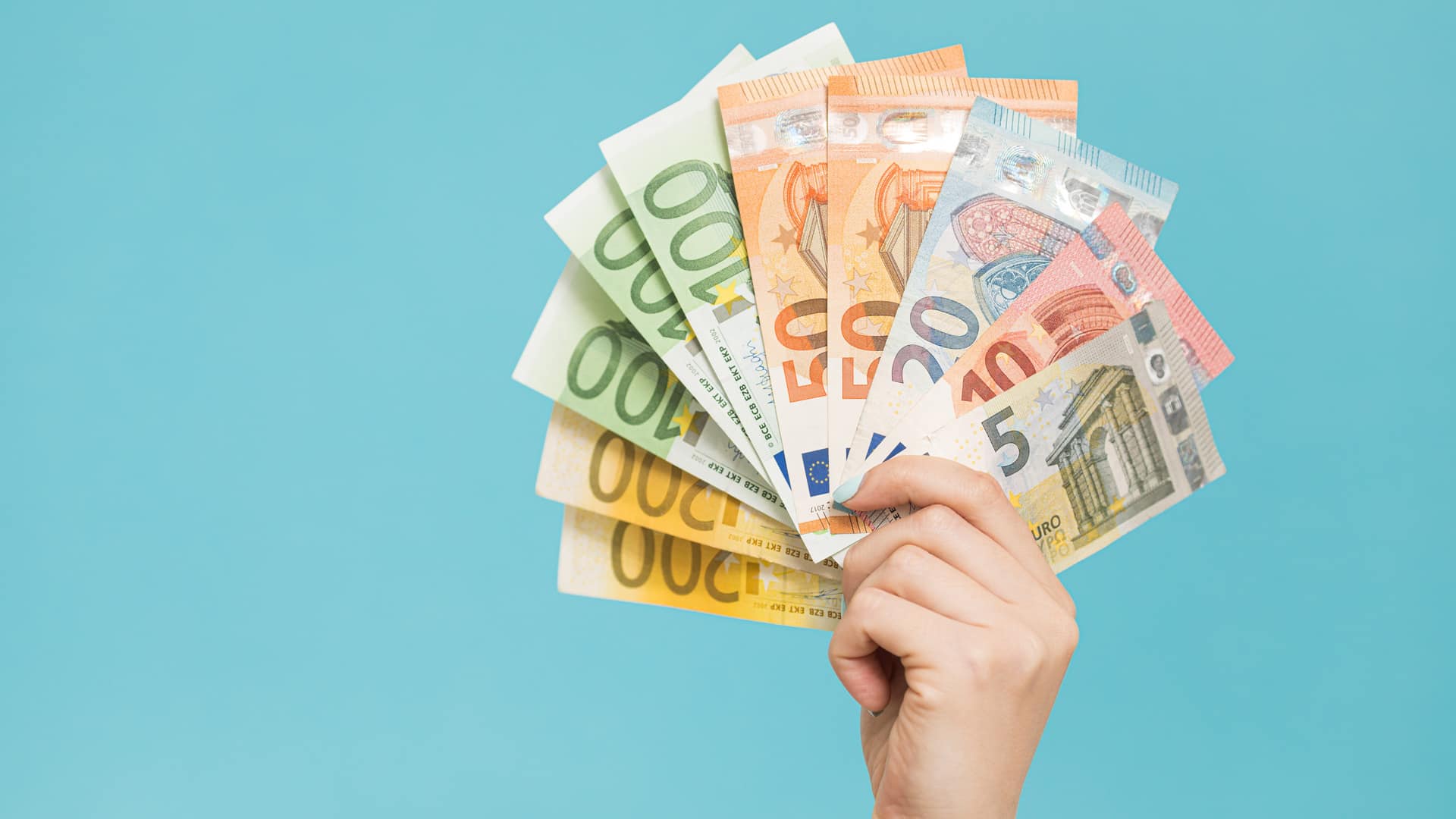
As of 1 January 2024, the banks, the Financial Agency (FINA) and HP-Hrvatska pošta d.d. will stop providing the service of the exchange of kuna banknotes and coins, which will only be exchanged at the Croatian National Bank. There will be no limit on the amount of kuna exchanged to euro at the Croatian National Bank and the exchange will be free of charge. The Croatian National Bank will permanently exchange kuna banknotes, while kuna coins can be exchanged within three years of the date of the introduction of the euro, or no later than by 31 December 2025.
Citizens will be able to exchange the remaining kuna personally at the counter of the Croatian National Bank at the address Franje Račkog 5, Zagreb. The amounts below HRK 15,000.00 can also be delivered for exchange via postal services (at own risk) to the address: Hrvatska narodna banka, Direkcija za pohranu, obradu i opskrbu gotovim novcem, Trg hrvatskih velikana 3, 10000 Zagreb. In order to exchange kuna cash in the amount of HRK 40,000.00 or more, or more than 1,000 (a thousand) coins, it is necessary to announce the visit by sending an e-mail to gotov.novac@hnb.hr and specify the amount of cash intended for the exchange. Other conditions for the exchange of kuna to euro at the Croatian National Bank will be published on the Croatian National Bank’s website by the end of this year.
On 14 December 2023, of the 500,000,000 banknotes that were in circulation and in the Croatian National Bank’s reserves in mid-2022, about 438,600,000 banknotes, or 88%, were returned, while only 760,500,000 coins (25%) of the 3 billion coins in circulation were returned. On 13 December 2023, there were HRK 4.66 billion in circulation, which means that this is the remaining amount of kuna cash that Croatian citizens can still exchange. If this data on the remaining value of kuna in circulation is compared with HRK 14.7 billion in circulation at the end of 2022, it is a decrease of about 68%. It is worth noting that even though the amount of cash is decreasing, the experience of the countries that have so far introduced the euro shows that the complete amount of cash in the former currency is never exchanged.
After the withdrawal, the kuna coins are kept in the Croatia Barracks facility until the expiry of the exchange period of three years. In parallel with their withdrawal from circulation, kuna banknotes are stored in the vaults of the Croatian National Bank and successively destroyed on banknote handling systems that have the option of destroying them and which count each cut copy.
